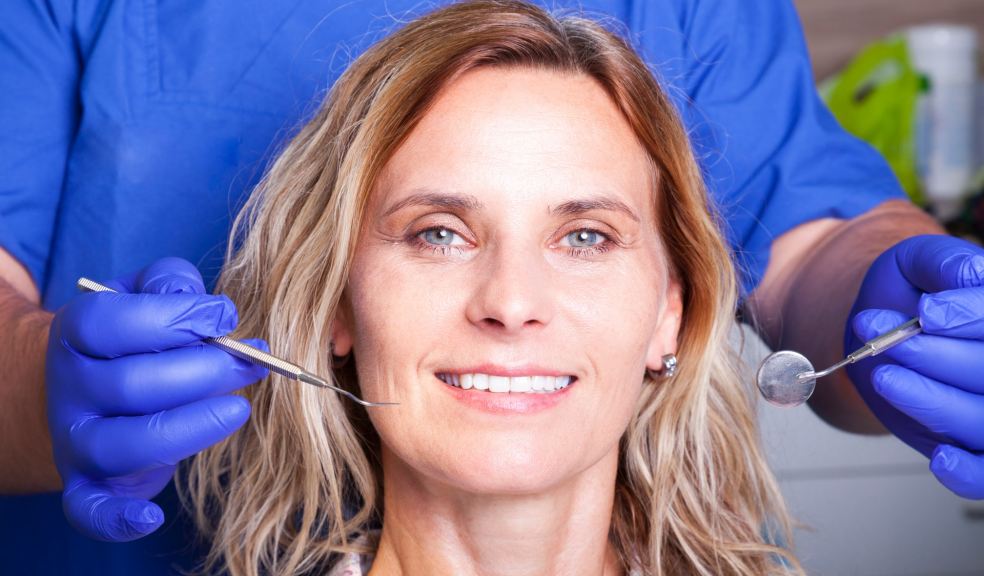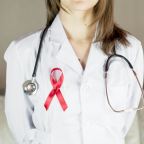
Why is it still safe to go to the dentist even during a pandemic?
At the start of the Covid-19 outbreak, UK residents were terrified of going to the dentist. This fear was primarily due to the widespread stress and anxiety about contracting the virus from a dentist, the clinic, or other patients. With so many variables, issues, ban on movement, isolation, and more, the rising number of coronaviruses made most people avoid getting the dental treatment they needed.
Patients throughout the UK were constantly wondering if it is safe to go to the dentist even during the pandemic. This simple answer to this question is yes, it is safe to go to the dentist. For an expert dentist in Swindon visit Marlborough Dental Studio.
There are still a few precautions you should still take before visiting.
Should you go to the dentist during a pandemic?
Almost everyone understands the importance of oral health. Most people schedule their appointments with the dentist during regular times and ensure their teeth are in proper condition. During the pandemic, oral health took a huge back seat since there were other more critical life-threatening cases.
When the pandemic hit the UK in early 2020, most people were highly anxious about even going to the supermarket to buy food. Oral health treatments were postponed, and many preferred home remedies. The NHS was battling the pandemic on all fronts, and most couldn't get appointments at all. For long periods in 2020, dental practices were closed and only emergency treatments were available to the public.
You can now go to the dentist, despite the ongoing pandemic. Dentists across the UK have reopened their practices, using new safety and infection control protocols to minimise the chance of infection from Covid-19, and they are ready to see patients. Most dentists in the UK use good quality, reliable dental instruments from kentexpress.co.uk and are extremely particular about the sanitization of these instruments. If you suspect an issue with your teeth or have been postponing treatment due to the pandemic, you should call your dental practice and book your next appointment.
What are the precautions at the dentist's clinic?
Dentists are extremely careful about the spread of the coronavirus. Most materials used are “single use” and therefore thrown away after each patient. All reusable dental equipment is sterilized after each visit using high temperature autoclaving. The staff at the clinic wear PPE (face masks and/or face shields, single use gloves, uniform) and regularly wash their hands. Patients are also often provided with face masks, shields, and gloves to help prevent the spread of the virus.
Most of these precautions were already in place well before the pandemic began. Dental practices were already well educated on the importance of managing infection control.
According to social distancing guidelines, you may see fewer people at the clinic and may only be able to sit in designated spots in the waiting room. Appointments may be spread further apart in the day to avoid too many patients coming into contact with one another. You may be asked to sanitize your hands several times, and may not be allowed to remove your mask in the communal areas. The receptionist will likely ask you questions about any previous coronavirus symptoms, recent contact with other coronavirus patients or any recent travel.
Suppose you are unsure about the precautions being taken at the practice? In that case, you can ask the doctor about the sterilization of all dental instruments and equipment, the chair, and any other doubts before starting your treatment. If you feel other patients are not following the necessary social distancing and protective measures, you should bring these to the attention of the team at the practice.
What other things should you expect at the dental practice?
Dentists have strict advice from the NHS, PHE and other professional bodies which they are required to follow.
- There will be fewer patients in the sitting or waiting rooms.
- Dentists may change their uniform between surgeries, and may take additional time between seeing patients. The longer wait time is usually for the sanitization of the dental equipment, handpieces, instruments, chair, and other typical 'touch' areas.
- There may be new equipment in the waiting area to help curb airborne transmission of the coronavirus, such as air conditioning or air filtering.
- Your temperature may be checked before you enter the dental practice. A high temperature can be a potential indicator of COVID-19 infection.
- There may be marking on the floor or new signage to indicate social distancing protocols.
- If you are bringing a child for a dental check, it would be advisable to bring some toys along since all communal toys and books will likely have been removed from the waiting area to help limit the spread of the virus.













